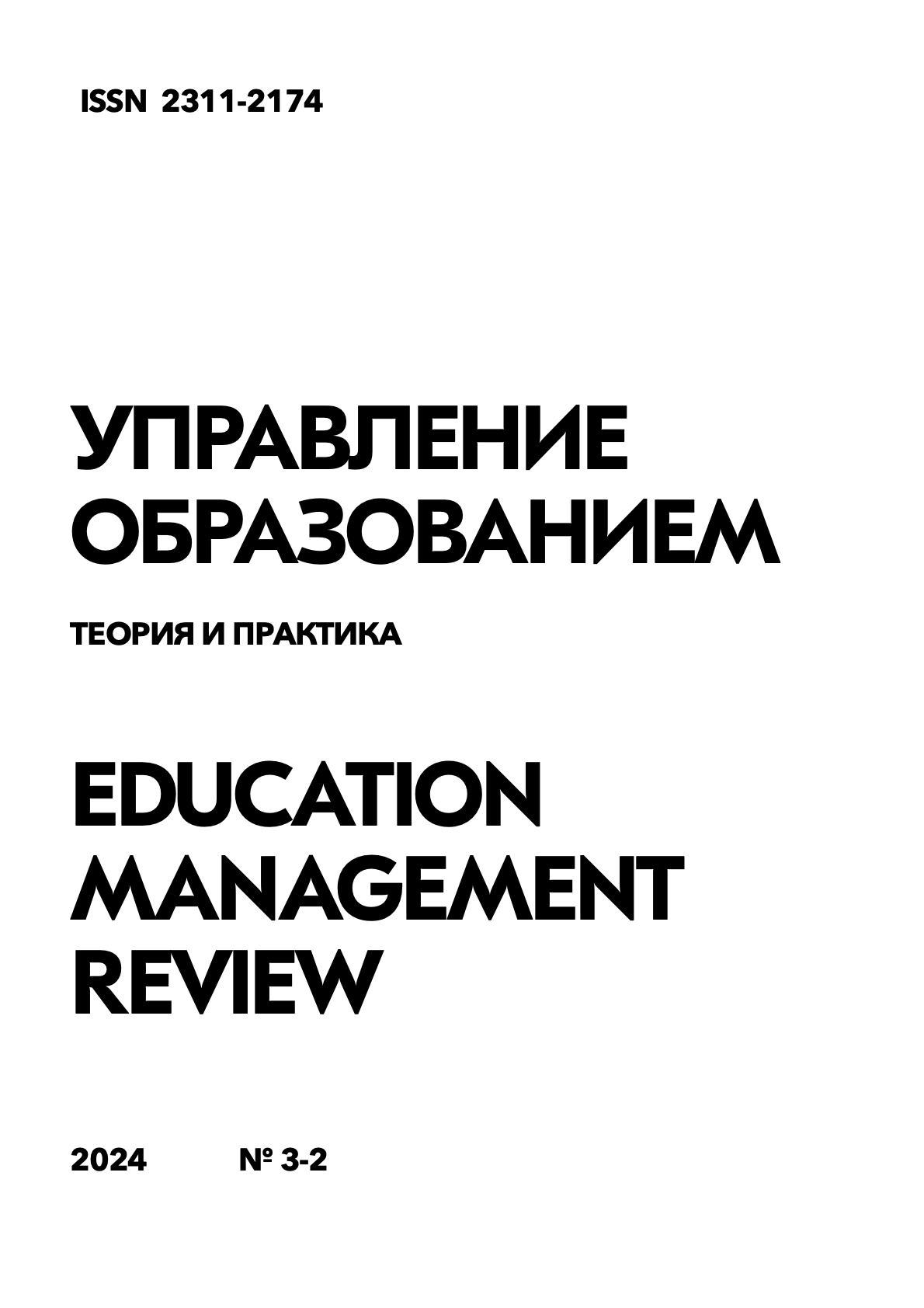What is the health-saving lesson aimed at?
DOI:
https://doi.org/10.25726/o1133-6069-4847-sKeywords:
lesson, health saving, health resource, adaptation, compensation, biopsychosocial modelAbstract
Over the past few centuries, numerous scientific facts in the field of pedagogy, physiology, medicine, hygiene, psychohygeny, psychology and neuropsychology have accumulated in culture, which may be important for the construction of a health-saving school lesson: its pedagogical goals, methodological foundations, content, methods, forms, and control of results. The article is devoted to the key issue of designing a health-saving lesson, namely, its object: what should a health-saving lesson be aimed at? Despite the apparent obviousness of the answer, the author proves that modern ideas about the biopsychosocial nature of health have not yet been reflected in pedagogical science, as well as the understanding of health as an educational product. The article discusses the resource approach to the health of students in the classroom developed by the author at the Scientific Center for Family Health and Human Reproduction of the Russian Academy of Medical Sciences. Personal, intellectual, psycho-emotional, physical, and socio-cultural health resources are classified on the basis of ideas about the system-activity approach and universal educational actions. An idea is given about the integral resources of a child's health in terms of educational loads. It is proved that it is education, not medicine, that has the ability to optimize the functioning and maturation of the central regulatory systems of the child's body that determine the state of his health. The article examines typical mistakes made by schools in the field of health care for schoolchildren when it is limited to hygienic measures that do not take into account the possibilities of the educational process for the formation of multi-level resources of child health by pedagogical means.
References
Агаджанян Н.А., Баевский Р.М., Берсенёва А.П. Функциональные резервы организма и теория адаптации // Вестник восстановительной медицины. М.: Национальный медицинский исследовательский центр реабилитации и курортологии, 2004. № 3(9). С. 4-11.
Александров Ю.И., Брушлинский А.В., Судаков К.В., Умрюхин Е.А. Под ред. К.В. Судакова // Системные аспекты психической деятельности. М.: URSS. 1999. 272 с.
Выготский Л.С. Основы дефектологии. М.: Юрайт, 2024. 332 с.
Дзятковская Е.Н. Коррекция организации ментальных структур ребенка как принцип профилактики и реабилитации: автореф. дис. ... д-р биол. н.: 14.00.16. Иркутск, 1998. 30 с.
Дзятковская Е.Н. Учебная культура как фактор информационной безопасности жизнедеятельности. М.: Образование и экология, 2012. 200 с.
Колесникова Л.И., Дзятковская Е.Н., Долгих В.В., Поляков В.М., Рычкова Л.В. Адаптивноразвивающая стратегия сохранения здоровья школьников: моногр. М.: Литтера, 2015. 240 с.
Коменский Я.Л. Избранные педагогические произведения. В 2 т. Т. 1. М.: Педагогика, 1982. С. 316-382.
Корчак Я. Как любить ребенка. М.: АСТ, 2023. 576 с.
Меерсон Ф.З. Патогенез и предупреждение стрессорных и ишемических повреждений сердца: моногр. М.: Медицина, 1984. 272 с.
Мерлин В.С. Очерк интегральной индивидуальности. Под ред. и с предисл. Е.А. Климова. М.: Педагогика, 1986. 254 с.
Песталоцци И.Г. Избранные педагогические произведения. В 3 т. Т.З. М.,1965. С. 216.
Рубинштейн С.Л. Основы общей психологии. Серия: Мастера психологии СПб.: Питер, 2002. 720 с.
Сетко Н.П., Сетко А.Г., Булычёва Е.В., Володина Е.А., Бейлина Е.Б., Мокеева М.М., Лозинский А.С. Адаптационные резервы организма учащихся в условиях многофакторного воздействия образовательной среды. Оренбург: Изд-во ОрГМА, 2010. 268 с.
Слабинский В.Ю., Воищева Н.М., Незнанов Н.Г., Никифоров Г.С., Ульянов И.Г. Психологические особенности реактивного, активного и проактивного типов совладающего поведения: уровневый подход // Психиатрия, психотерапия и клиническая психология. 2019. Том 10. №3. С. 539-545.
Ушинский К. Д. Человек как предмет воспитания: Опыт педагогической антропологии // Педагогические сочинения: в 6 т. М.: Педагогика, 1988. Т. 5. С.428.
Холмогорова А.Б., Рычкова О.В. 40 лет биопсихосоциальной модели: что нового? // Социальная психология и общество. 2017. Т. 8. № 4. С. 8-31.
Юбилейный доклад Римского клуба, 2017 // https://www.planet-kob.ru/articles/6832




